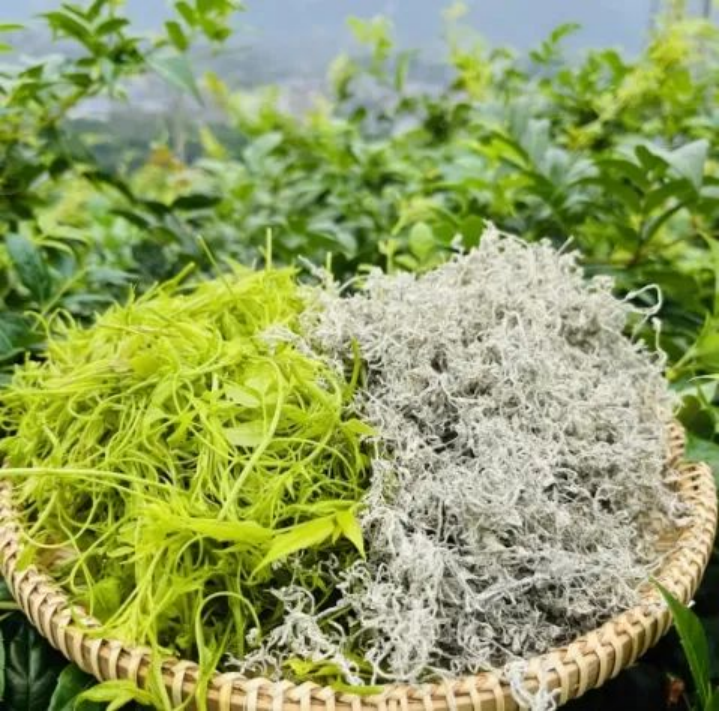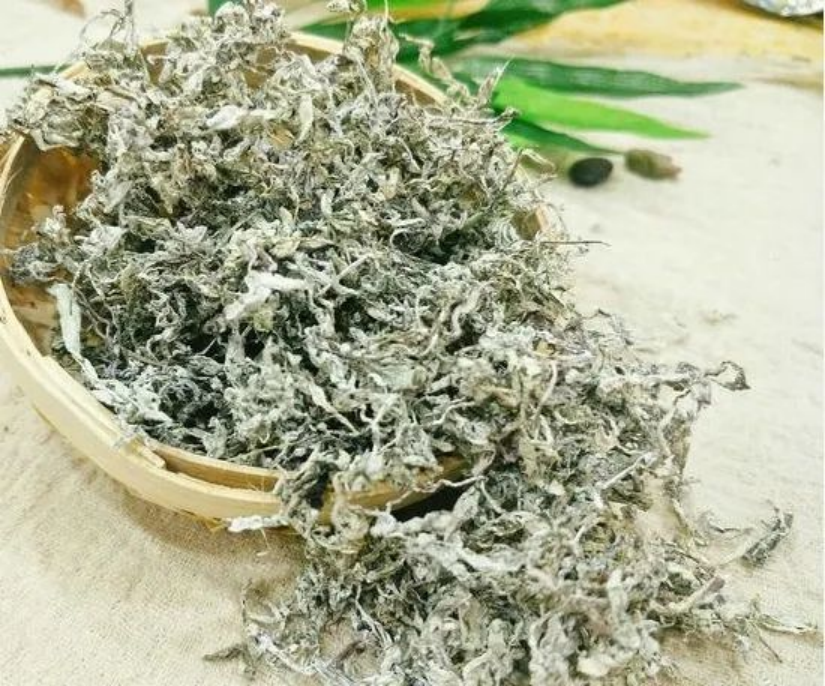The amazing tea tree revealed
 The amazing tea tree revealed
The amazing tea tree revealed
What you don't know about the "gods grass"
In the treasure house of nature, there is a mysterious plant
—— Vine tea
It is known as the "gods' herb"
It carries rich health secrets and a long history and culture
Let's uncover the mystery of vine tea
01 What is vine tea

Vine tea , scientifically known as *Vitex negundo*, is a perennial climbing plant. Its slender vines typically grow by clinging to other plants or objects. The leaves of this species are oval-shaped with smooth surfaces and distinctive patterns. This plant primarily thrives in humid mountainous regions of southern China, particularly in forests across Hunan, Hubei, Jiangxi, and Fujian provinces. These areas, characterized by misty skies and mild climates, provide ideal conditions for the growth of vine tea .
02 The historical origin of Vine tea
Vine tea has been a cherished remedy in China for centuries. Ancient texts document its use in treating common ailments and enhancing physical wellness, with many historical records describing it as a dual-purpose plant that serves both medicinal and culinary purposes. In ethnic minority regions, it remains an integral part of traditional medicine, effectively addressing symptoms like fever, sore throat, and diarrhea. These time-honored practices, passed down through generations, underscore its enduring significance in folk healthcare traditions.
03 The magic of Vine tea —— nutrients
The reason why vine tea is called "herb of the gods" is largely due to its rich nutritional content.
(1) Flavonoids
Vine tea is rich in flavonoids, one of its most vital active compounds. These flavonoids possess powerful antioxidant properties that neutralize free radicals, slow cellular aging, and prevent various chronic diseases. Acting as "little guardians" in our bodies, they protect cells from free radical damage. Moreover, vine tea contains significantly higher flavonoid levels compared to other common plants, making it exceptionally effective in antioxidant defense.
(2) Amino acids
Vine tea contains various essential amino acids that serve as fundamental building blocks of proteins, playing a vital role in body growth, repair, and maintaining normal physiological functions. For instance, branched-chain amino acids like leucine and isoleucine actively contribute to muscle repair and energy metabolism. Meanwhile, lysine proves particularly crucial for children's growth and development as well as adults' immune regulation.
(3) Trace elements
Furthermore, vine tea is rich in essential trace elements including zinc, selenium, iron, and calcium. Zinc plays a vital role in synthesizing various enzymes, supporting immune function and reproductive health. Selenium acts as an antioxidant with cancer-preventive properties. Iron serves as a key component of hemoglobin, enabling efficient oxygen transport. Calcium is crucial for maintaining healthy bones and teeth. The presence of these trace elements in vine tea significantly enhances its nutritional profile.
